Roundup for Lawns is a broadleaf weed and grass killer. It has been available on the market since the early 1990s. Roundup for Lawns is often used by homeowners to control dandelions, clover, and other unwanted plants in their lawn. In this article, we will answer some of the most common questions about Roundup for Lawns, as well as provide some tips on how to use it safely and effectively.
Table of Contents
Roundup For Lawns1 Ready to Use – All-in-One Weed Killer for Lawns, Kills Weeds – Not the Lawn, One Solution for Crabgrass, Dandelions, Clover and Nutsedge, For Use on Northern Grasses, 1.33 gal.
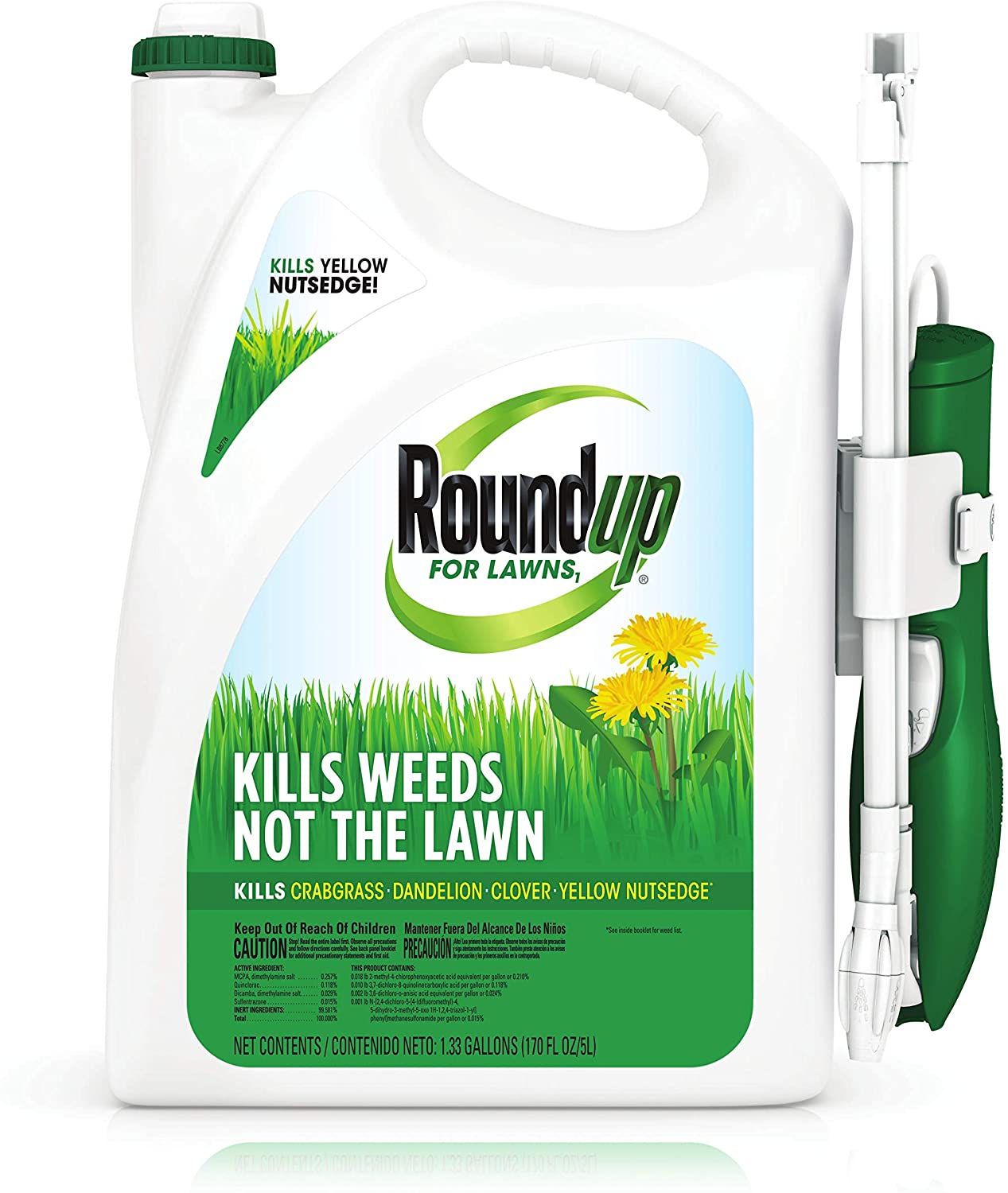 Roundup for Lawns is a popular herbicide that’s been on the market for years. It’s effective at killing weeds and grasses, but it’s also known for being tough on lawns. That’s why many people are hesitant to use it.
Roundup for Lawns is a popular herbicide that’s been on the market for years. It’s effective at killing weeds and grasses, but it’s also known for being tough on lawns. That’s why many people are hesitant to use it.
Roundup For Lawns contains glyphosate, which is the active ingredient in most weed killers. Glyphosate works by inhibiting an enzyme found in plants that’s necessary for their growth. This means that it kills both weeds and grasses – even your lawn grass.
That’s why it’s important to be careful when using Roundup For Lawns. Using it too much, or not following the directions can damage your lawn.
Roundup for Lawns Manual
Specifications
- Weight 13.04 Pounds
- Liquid Volume 170.24 Fluid Ounces
- Coverage Lawn Weeds & Bugs
Performance
Here are a few tips for using Roundup For Lawns:
- Read the label carefully before using Roundup For Lawns. This will help you avoid damaging your lawn.
- Only use on weeds that are actively growing. Don’t use it on dormant plants.
- Apply Roundup For Lawns early in the day, so the sun can evaporate any excess herbicide.
- Water your lawn after applying Roundup For Lawns, to help wash away any herbicide that’s left on the leaves of your grass.
Buyer’s Guide
How to choose the best weed killer for you?
When it comes to choosing a weed killer, there are a few things you need to take into account. First, consider what type of weeds you’re dealing with. If they’re annuals or perennials? Second, think about the size of your lawn and how much coverage you need.
Finally, decide whether you want a pre- or postemergent herbicide. Pre-emergent herbicides keep weeds from germinating, whereas post-emergent herbicides destroy existing weeds.
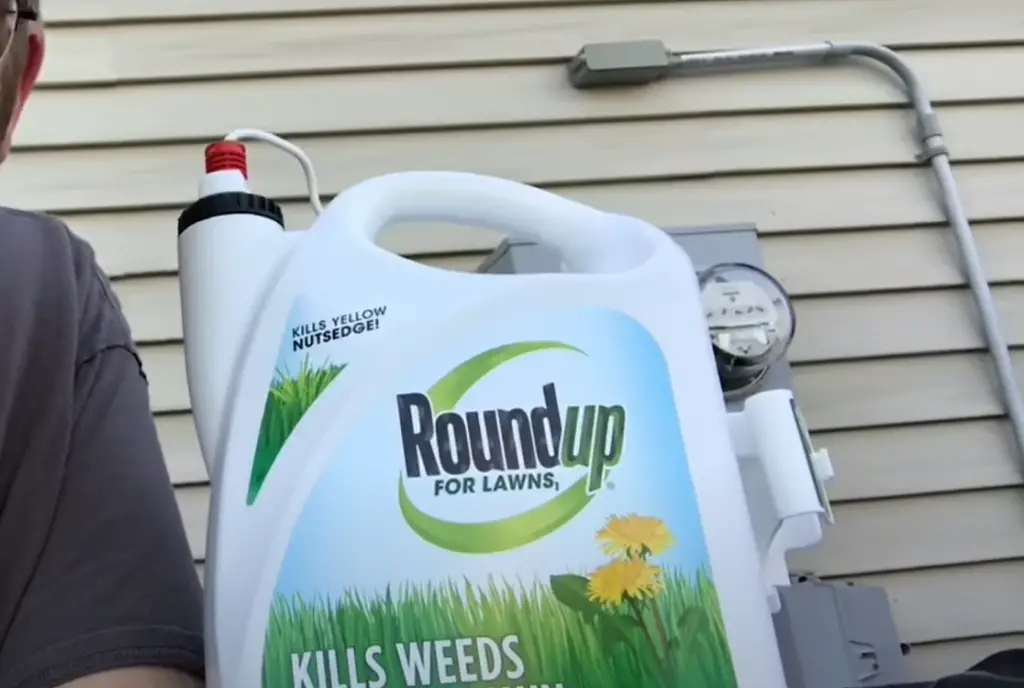
Now that you know what to look for, let’s take a closer look at Roundup for Lawns.
Roundup for Lawns is a post-emergent herbicide. It comes in two sizes: Concentrate (covers up to 225 square feet) and Ready-to-Use (covers up to 500 square feet). It’s important to note that Roundup for Lawns only kills weeds, not grasses. So, if you have a weed problem in your lawn, this is the product for you.
Roundup for Lawns is available in two formulations: Original Formula and FastAct Formula.
The Original Formula is best for small weed problems, while the FastAct Formula is best for larger weed problems.
Roundup for Lawns is rainproof in as little as 30 minutes, so you don’t have to worry about the weather ruining your treatment.
Systemic weed killers
Systemic weed killers are the best choice for spot treating weeds in your lawn because they are absorbed by the plant and move throughout the entire plant, killing it from the inside out. They are also the best choice for killing tough weeds like dandelions.
Contact weed killers
They are great for spot-treating problem areas in your lawn without harming the rest of the grass. They work by killing the weeds when they contacting the chemicals, so it’s important to make sure you get good coverage.
Non-selective weed killers
These killers kill any plants they come into contact with, so be very careful where you spray them. You don’t want to accidentally damage your lawn!
Selective weed killers
This kind of killers are designed for killing specific types of weeds while leaving your lawn unharmed. They’re ideal for targeting problem areas in your lawn without having to worry about harming the grass.
Residual weed killers
They are designed for killing weeds and prevent them from growing back for up to several months. They’re ideal for preventing weeds from taking over your lawn in the first place.
How do you apply weed killer?
Applying it to your lawn is easy! Just follow the instructions on the Roundup for Lawns bottle. You’ll need to mix the concentrate with water, then pour it into a pump sprayer. Next, simply drench the weeds you want to kill. Make sure to get good coverage, especially on larger weeds. Finally, wash any unused mixture down the drain and dispose of empty containers properly.
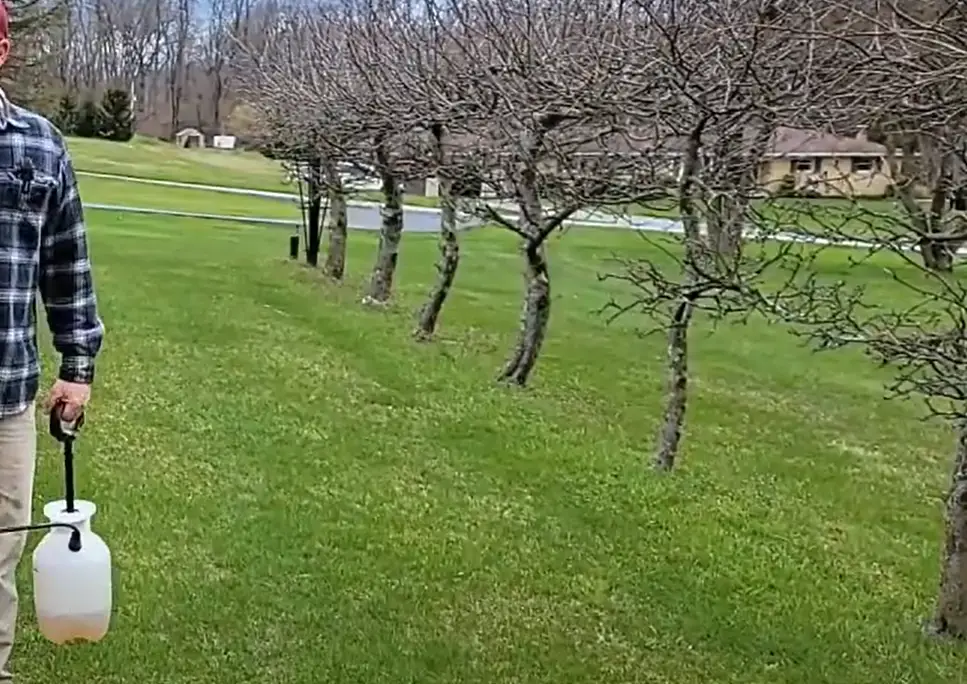
Roundup for Lawns is best applied when weeds are actively growing. This means that timing is key – you don’t want to apply it too early or too late in the season. In most areas of the country, early spring is the ideal time to start spraying Roundup for Lawns. This will give you a head start on the growing season and help prevent weeds from taking over your lawn.
Weed killers are usually applied with some type of sprayer, whether it’s a pump sprayer, backpack sprayer, or hose-end attachment. However, some products come in granular form that you simply need to spread over the affected area with a lawn spreader.
Granular weed killers are often used for large areas, such as golf courses and parks. They’re also a good option if you have trouble getting even coverage with a sprayer. If you do choose to use a granular product, make sure to follow the directions on the label carefully. You don’t want to over-apply or under-apply, as this can cause problems down the road.
This will give you important information on how to mix and apply the product, as well as any safety precautions you need to take. It’s also a good idea to wear protective clothing, such as gloves and long pants, when handling weed killers.Once you’ve mixed and applied the weed killer, all you need to do is wait for it to work its magic. Depending on the product, this can take anywhere from a few hours to a few days. You’ll know it’s working when the leaves of the affected weeds start to turn yellow or brown. Keep in mind that some products may require multiple applications before they’re completely effective.
Is there an alternative?
Yes, there are definitely alternatives to Roundup for Lawns. You could go the natural route and use ingredients like vinegar or soap. Or you could use a more traditional herbicide like Ortho. But we think that Roundup for Lawns is the best option out there, especially if you’re looking for something that’s easy to use and effective.
Here’s why: first of all, it’s important to remember that Roundup for Lawns is specifically designed to kill weeds, not grass. So if you’re worried about harming your lawn, don’t be – the product won’t do any damage as long as you follow the instructions carefully.
Second, Roundup for Lawns is really easy to use. All you have to do is mix it with water and spray it on your lawn. There’s no need to worry about prepping the area or anything like that.
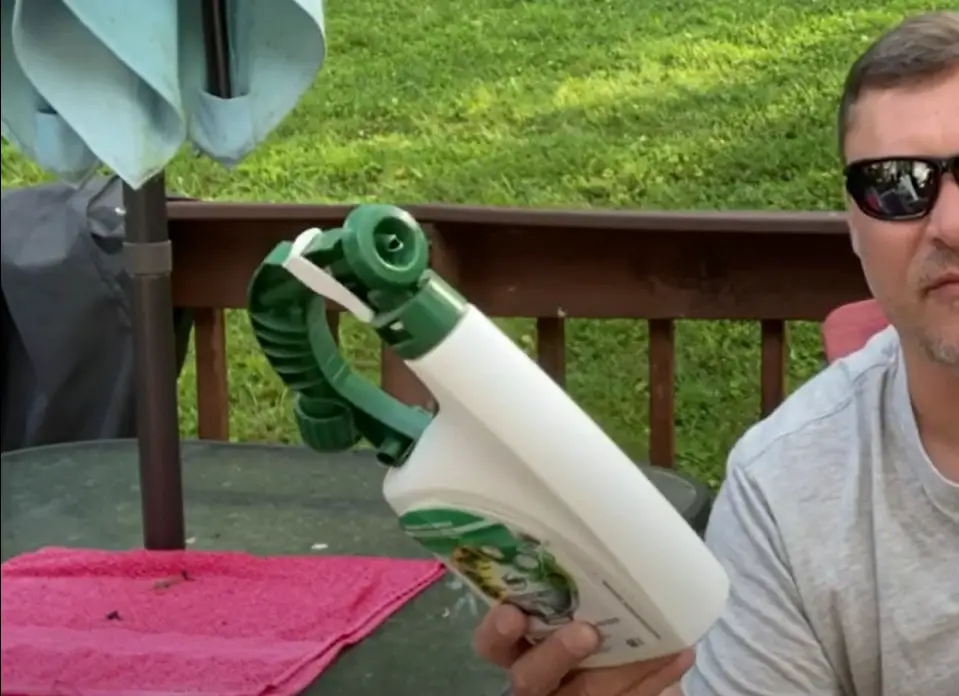
Lastly, Roundup for Lawns is just plain effective. We’ve tested it out on a variety of different weeds, and it always does a great job of killing them quickly. [1]
What To Look for When Evaluating Weed Killers
When evaluating a weed killer, there are several things you should keep in mind.
First, what kind of weeds are you trying to kill?
Second, how large is the area that you need to treat? If you only have a small patch of weeds, you don’t need to buy a large container of weed killer.
Third, how often will you need to use the product? Some products need to be applied more frequently than others.
Finally, what is your budget? There are many affordable options available, so you don’t need to spend a lot of money to get a good weed killer. [2]
What Are the Benefits of a Weed Killer?
Weed killers are designed to kill plants that you don’t want in your yard, such as crabgrass, dandelions, and other broadleaf weeds. By killing these unwanted plants, they make it easier for you to care for your lawn and maintain its health.
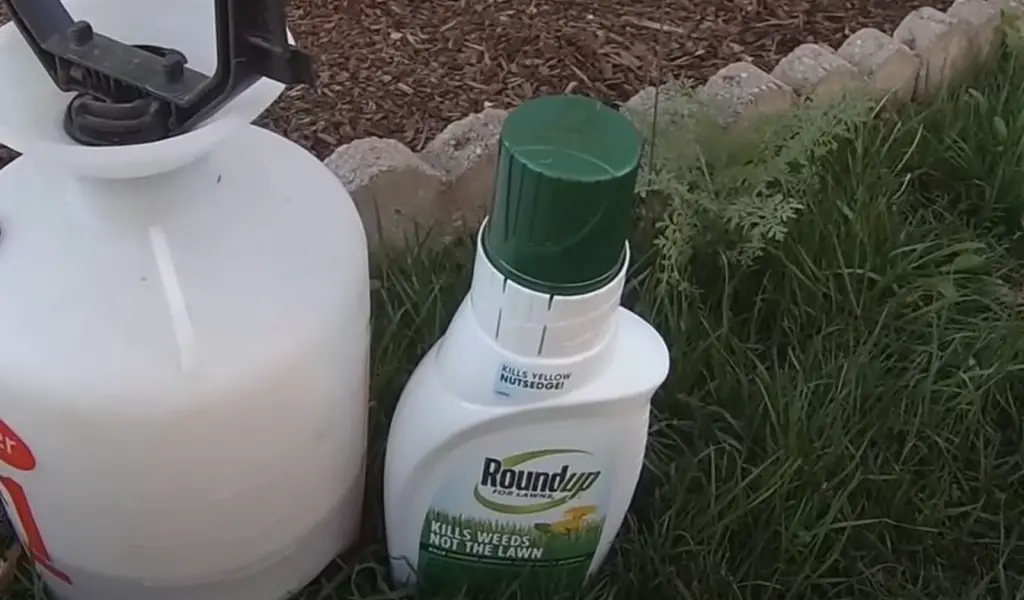
There are both chemical and natural weed killers available on the market. Chemical weed killers, like Roundup for Lawns, use herbicides to kill weeds. Natural weed killers use ingredients like vinegar or salt to kill weeds.
Both types of weed killer have their own set of pros and cons that you should consider before making a purchase. For example, chemical weed killers are generally more effective at killing weeds than natural weedkillers. However, they can also be more harmful to the environment.
Natural weed killers, on the other hand, are generally safer for the environment but may not be as effective at killing weeds.
When deciding whether or not to use a weed killer, you should also consider your own personal preferences and needs. For example, if you have small children or pets, you may want to choose a natural weed killer to avoid any potential health risks. [3]
FAQ
Which Roundup is best to kill grass?
The Roundup for Lawns product is designed to kill grassy weeds, not the grass itself. So if you’re looking to get rid of some unwanted grass in your lawn, this product would be a good choice.
To use Roundup for Lawns, simply mix it with water according to the instructions on the label and apply it to the area you want to treat. The active ingredient in Roundup for Lawns is glyphosate.
When using any herbicide, keep in mind that it will also destroy any other plants that come into touch with it, so don’t spray too much or unintentionally get any on your precious plants.
Roundup for Lawns is a popular herbicide product because it is effective at killing grassy weeds while not harming the grass itself. This makes it a great choice for those who want to get rid of some unwanted grass in their lawn.
Does roundup for lawns work?
The short answer is yes, Roundup for Lawns does work – but it’s not a magic bullet. It takes time and regular application to see results. [4]
Roundup for Lawns contains Glyphosate. Glyphosate works by interfering with a plant’s ability to produce amino acids, which are essential for growth. In other words, it kills plants by starving them of the nutrients they need to survive.
How long does it take Roundup for lawns to work?
Roundup for Lawns generally starts working within 24 h, generally, it may take up to three days to see visible results. Keep in mind that results will vary depending on the type of grass and weeds you’re treating.[5]
What is the best time to use a weed killer?
The best time to apply a weed killer is early in the morning or late at night, when the sun’s rays aren’t as powerful. You will need to be careful not to get the product on any desirable plants, as it will kill them as well. Be sure to read the label carefully before using, so you know what type of weeds it will kill.
Related Video: Roundup For Lawns Before & After Review
Conclusion
Roundup for Lawns is definitely a great product if you’re looking to remove weeds. It’s easy to use, and it really works! However, there are a few things to consider before using it. First of all, be sure to read the directions carefully. Roundup is a powerful herbicide, and you don’t want to damage your lawn by using too much of it.
Secondly, be sure to follow the directions for mixing it properly. If you don’t mix it correctly, it won’t work as well (or at all). Finally, be sure to water your lawn after applying Roundup for Lawns. This will help the herbicide work its way down into the roots of the weeds, and it will also help to prevent any damage to your lawn. Thanks for reading, and good luck!
References:
- https://www.expertreviews.co.uk/home-appliances/1407058/best-weed-killer
- https://www.udel.edu/academics/colleges/canr/cooperative-extension/fact-sheets/Large-Plot-Test-Demonstrations-for-Evaluating-Weed-Control/
- https://aalawns.com/4-ways-your-lawn-can-benefit-from-ongoing-weed-control/
- https://www.canr.msu.edu/news/difference_between_roundup_and_roundup_for_lawns
- https://www.roundup.com/en-us/library/learning-basics/how-do-roundup-lawns-products-work




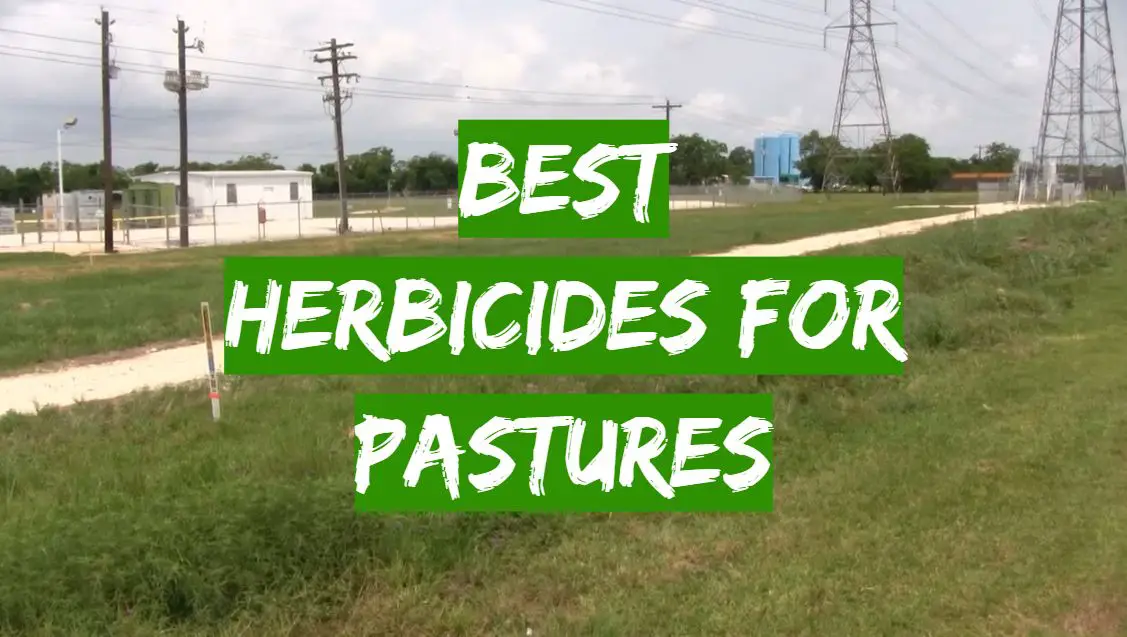
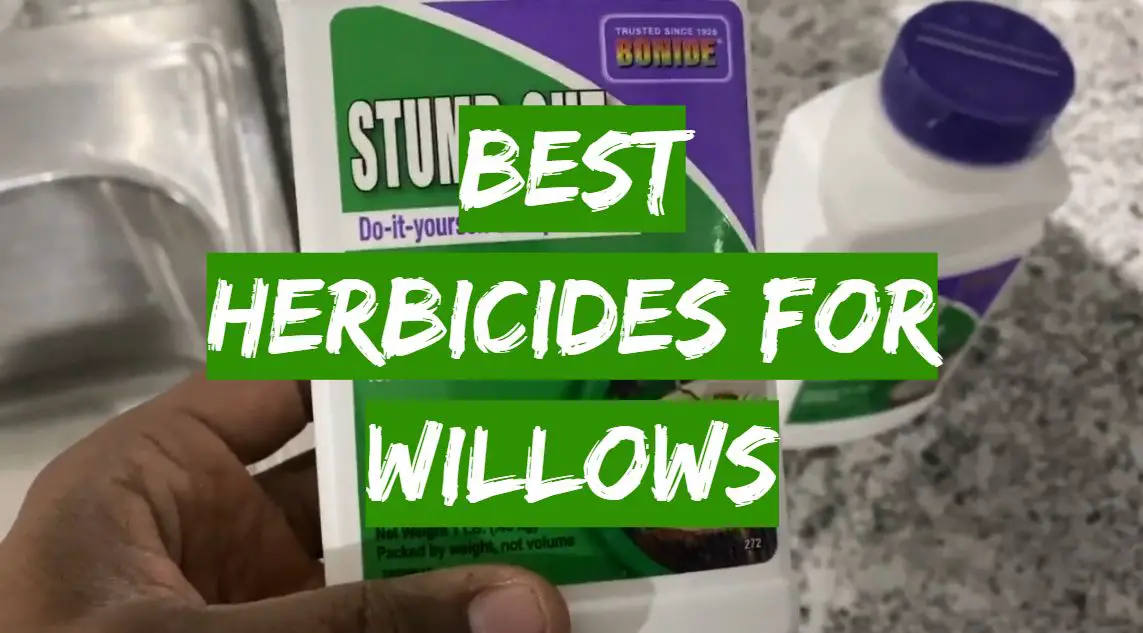
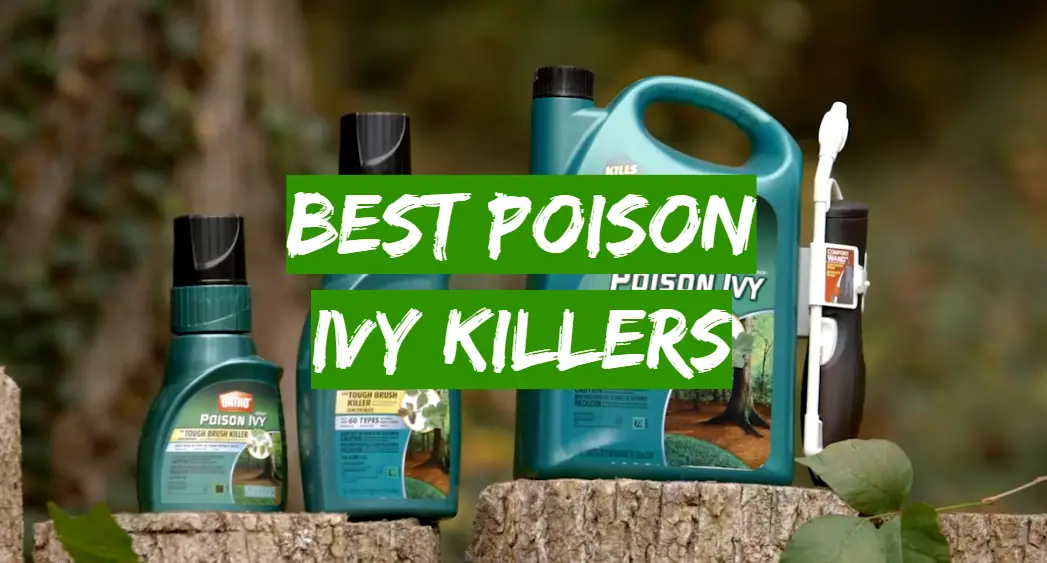
Leave a Reply
View Comments